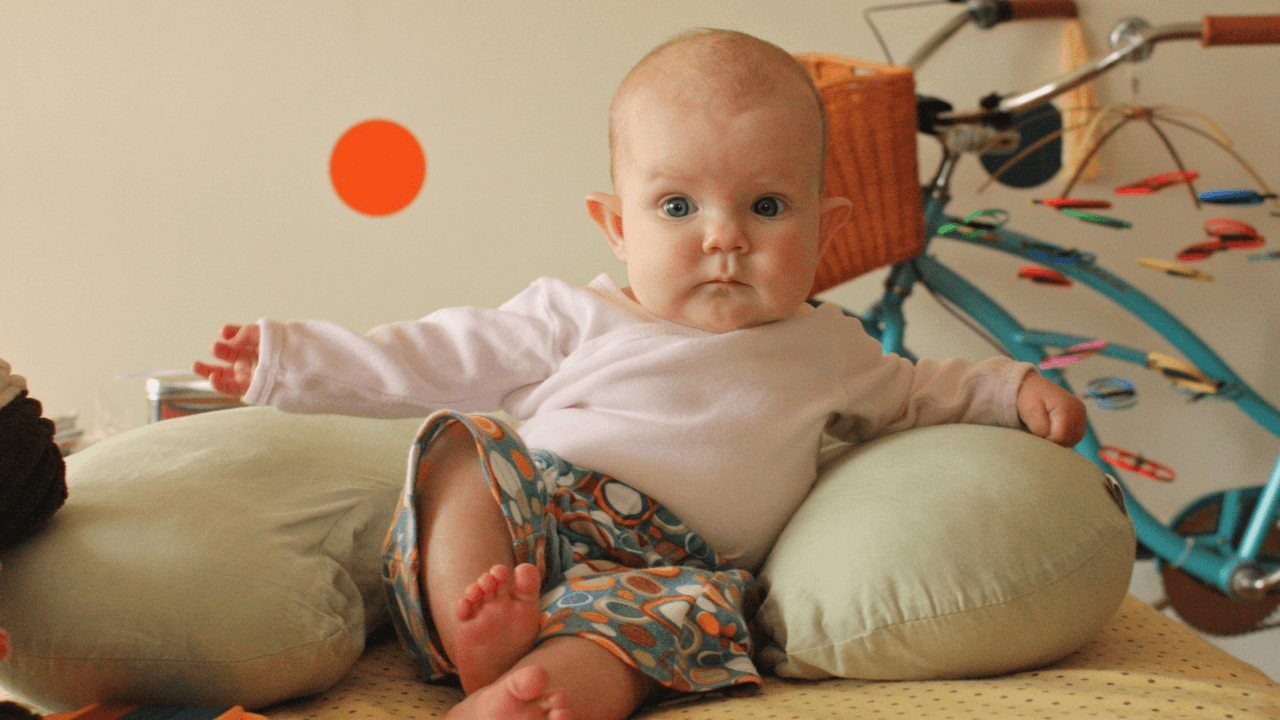When Does A Baby Start Sitting Up: A Comprehensive Guide
As a parent, one of the most exciting milestones to witness in your baby’s development is when they start sitting up on their own. It marks a significant moment in their growth and independence. In this article, we will delve into the details of when babies typically start sitting up, what factors can influence this milestone, and how you can support your baby’s development throughout this process.
Knowledge
When it comes to the question of when does a baby start sitting up, the answer can vary from one child to another. On average, most babies will begin to sit up unsupported between the ages of 4 to 7 months. However, it is essential to remember that every baby develops at their own pace, and some may reach this milestone earlier or later than others.
One of the crucial factors that can influence when a baby starts sitting up is their strength and motor skills development. Babies typically go through a series of milestones in their first year, such as rolling over, crawling, and pulling themselves up. These movements help strengthen their muscles and improve their balance, making it easier for them to sit up independently.
Another factor to consider is your baby’s personality and motivation. Some babies may be more eager to explore their surroundings and may work harder to achieve the milestone of sitting up. Encouraging your baby with interactive play and providing a safe environment for them to practice can help support their efforts.
It is also essential to remember that tummy time plays a crucial role in your baby’s development. Allowing your baby to spend time on their tummy helps strengthen their neck and back muscles, which are essential for sitting up. Gradually increasing the amount of tummy time can help prepare your baby for the next milestone of sitting up.
Once your baby starts showing signs of readiness to sit up, such as being able to hold their head steady and push themselves up with their arms, you can begin to support them in a seated position. Placing pillows or cushions around them can provide added support and help prevent falls as they work on their balance and stability.
Conclusion
In conclusion, the milestone of when a baby starts sitting up is an exciting time for both parents and their little ones. By understanding the factors that can influence this milestone and providing support and encouragement, you can help your baby successfully achieve this developmental stage.
Parents of babies who are approaching the age of sitting up should be prepared to offer guidance and assistance as needed while also allowing their baby the freedom to explore and learn at their own pace. Remember, every baby is unique, and it is essential to celebrate their individual journey towards this significant milestone.
In the grand scheme of a baby’s development, sitting up may seem like a small feat. Still, it is a crucial step towards greater independence and mobility. By creating a safe and supportive environment for your baby to practice and learn, you are setting them up for success in their future milestones.






